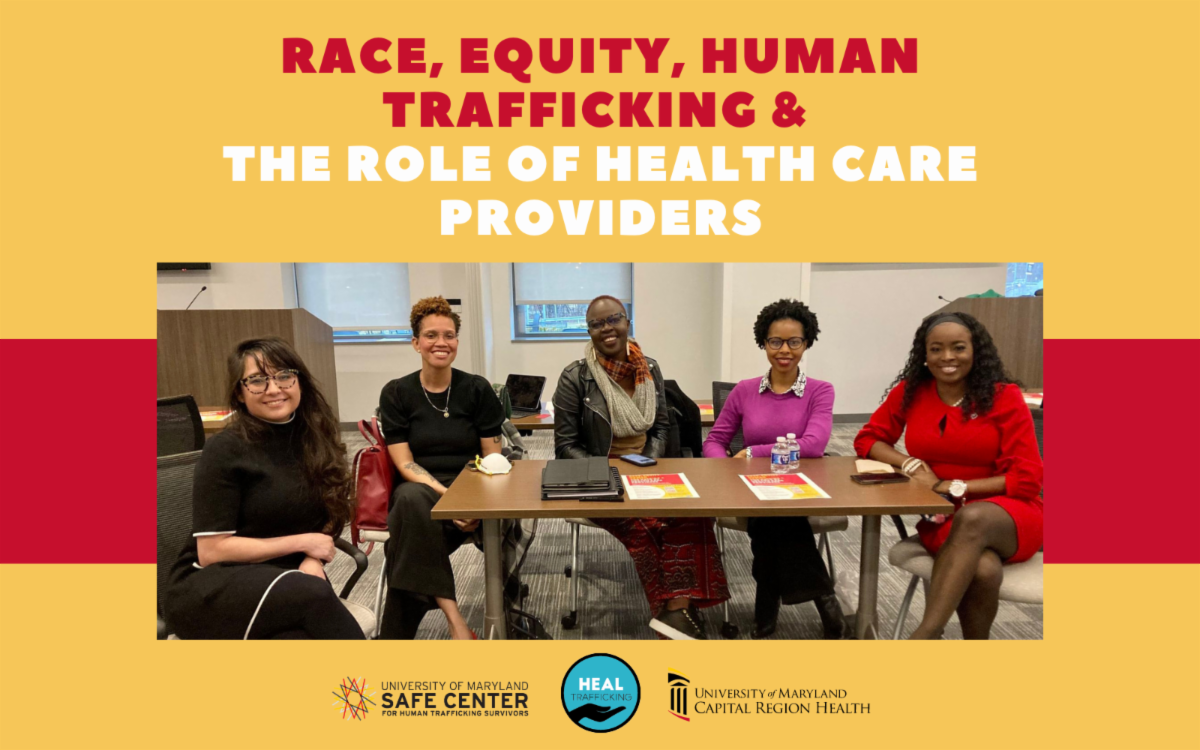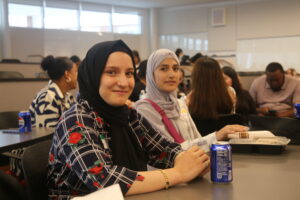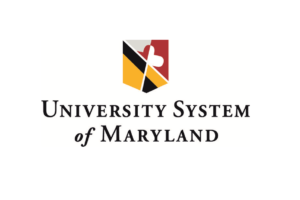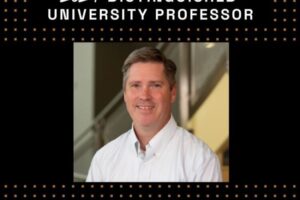SAFE Center Teams with HEAL Trafficking & UM Capital Region Medical Center on Race and Equity in Healthcare

Published on the UMDSAFECenter.org website
In a powerful panel discussion led by the SAFE Center, University of Maryland Capital Region Medical Center (UMCRMC) & HEAL Trafficking, experts explored the connection between race, trafficking, and health equity. Intersecting identities can affect the care that human trafficking survivors receive, and health care providers can play a key role in supporting patients with lived trafficking experience. Sophie Aron, Research and Program Manager and co-chair of the Maryland Human Trafficking Task Force Medical Subcommittee, organized the panel, and Director of Equity and Community Partnerships Jatnna Gomez participated as a panelist.
The panel, led by Moderator and Global Fund to End Modern Slavery CEO Sophie Otiende, was comprised of experts with a diverse range of professional backgrounds. Ms. Otiende set the stage by emphasizing the interconnectedness of human trafficking with migration, race, gender, and health equity. Panelists reiterated the importance of intersectionality, emphasizing that trafficking cannot be fully understood in isolation.
Both medical racism and preconceived notions about who survivors are can result in survivors, particularly those of color, facing barriers to receiving health care. Ms. Gomez shared that the only care many survivors receive while they are facing trafficking is in an emergency room. While many ER providers are trained to recognize signs of trafficking, Ms. Gomez warned about the potential consequences of overlooking the impact of historic racism within the healthcare system. She emphasized that patients belonging to marginalized groups can become “invisible” and, as a result, may be denied access to appropriate care.
Dr. Mekeila Cook, Assistant Professor at Meharry Medical College, stressed the need to openly address racism, sexism, and other uncomfortable “isms”, in order to effectively address trafficking. Shamere McKenzie, CEO of the Sungate Foundation, added that the unease many people feel when addressing racism should not be ignored, calling on attendees to instead unpack such feelings and use the knowledge gained from this introspection to adjust their behavior and challenge their assumptions.
The history of the anti-trafficking movement can also play into misconceptions about trafficking, particularly regarding who is most at risk and which populations are disproportionality affected. As Dr. Annie Fukushima, Associate Dean at the University of Utah, observed, this movement is a relatively new one, a fact which makes knowing its history integral to understanding the dynamics and power structure within the anti-trafficking space.
The panel not only provided valuable insights from experts, but also fostered an inclusive environment in which audience members were able to share their personal experiences.. The interactive Q&A segment at the conclusion of the panel highlighted the urgent need for improved support and awareness for both patients and providers, sparking ideas for further collaboration between the SAFE Center, HEAL Trafficking and UMCRMC.
Special thanks to our generous supporters for making this important conversation possible: the John P. and Anne Welsh McNulty Foundation, the Eugene and Agnes T. Meyer Foundation and the Morris and Gwendolyn Cafritz Foundation.



